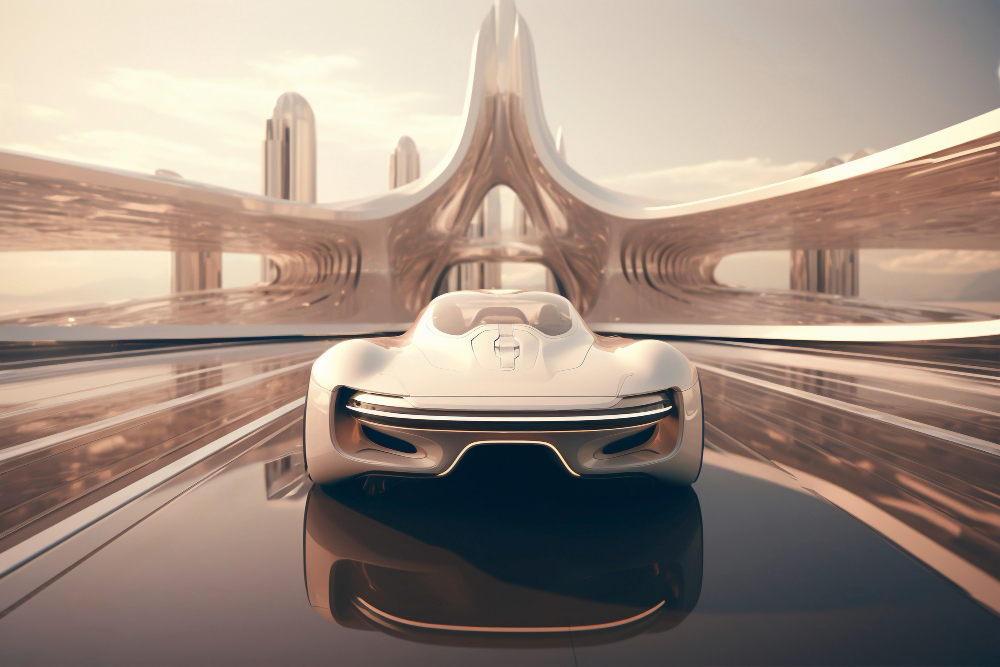 News
News
Concept cars represent the pinnacle of creativity in automotive design, providing a preview of the innovations we will see in the vehicles of the future.
These experimental models are not only exercises in style, but also platforms for testing new technologies, materials, and ideas that can eventually be incorporated into mass-production vehicles.
Below, we explore how concept cars are shaping the future of automotive design.
Concept cars challenge traditional aesthetic conventions, exploring innovative shapes, lines and materials.
They often feature aerodynamic designs, sculpted surfaces, and bold visual elements that redefine what we expect from an automobile.
A notable example is the Mercedes-Benz Vision AVTR, inspired by the movie “Avatar”, which uses sustainable materials and features an organic design that blends harmoniously with the environment.
Concept cars are often equipped with cutting-edge technologies that are not yet available in production vehicles.
This includes alternative propulsion systems such as electric motors and fuel cells, as well as autonomous driving capabilities and advanced user interfaces.
The Audi AI:ME, for example, is an autonomous concept car that offers a personalized driving experience, using artificial intelligence to adapt to the driver’s preferences.
Sustainability is a growing trend in automotive design, and concept cars are at the forefront of this change.
Many of these vehicles use recycled and eco-friendly materials, as well as technologies that reduce the carbon footprint.
The BMW i Vision Circular is a concept car that emphasizes the circular economy, using recyclable materials and designed to be fully recyclable at the end of its useful life.
Connectivity and user experience are central aspects in the design of concept cars.
These vehicles often feature intuitive interfaces, augmented reality, and integration with smart devices, providing a more interactive and engaging driving experience.
The Byton M-Byte has a 48-inch display that spans the entire dashboard, offering an advanced user interface and full connectivity with mobile devices.
Concept car designers often draw inspiration from cultural and environmental elements to create vehicles that tell stories and reflect social values.
This could include paying homage to local traditions or incorporating natural elements into the design.
The Lexus LF-30 Electrified Concept, for example, incorporates design elements inspired by Japanese culture, combining tradition and modernity into a futuristic electric vehicle.
Therefore, concept cars are more than just experimental vehicles; they are a window into the future of automotive design.